As technology continues to evolve, hunters and wildlife enthusiasts are finding new ways to enhance their experiences in the field. One such innovation is the use of drones for deer recovery, a practice gaining traction in states like Wisconsin. Drones offer a unique combination of efficiency and convenience, making them an appealing tool for locating wounded deer. However, their use raises important questions about legality, ethics, and practicality. In this blog, we’ll explore whether you can legally use a drone to recover deer in Wisconsin, examine the benefits and challenges, and provide practical tips for incorporating drones into your hunting toolkit.
The Legal Landscape of Using Drones for Deer Recovery in Wisconsin
Wisconsin’s Drone Regulations
Before using a drone for deer recovery, it’s crucial to understand Wisconsin’s drone regulations. The Federal Aviation Administration (FAA) governs drone use nationwide, requiring operators to follow guidelines such as flying below 400 feet, maintaining visual line of sight, and avoiding restricted airspace. Wisconsin also enforces state-specific rules that align with FAA standards, ensuring safe and responsible drone operation.
Hunting and Wildlife Recovery Regulations
Wisconsin’s hunting laws are designed to promote fair chase and ethical practices. The state’s Department of Natural Resources (DNR) regulates hunting activities, including the recovery of game. While drones are not explicitly banned for deer recovery, their use must comply with broader hunting regulations, such as respecting private property and adhering to hunting season guidelines.
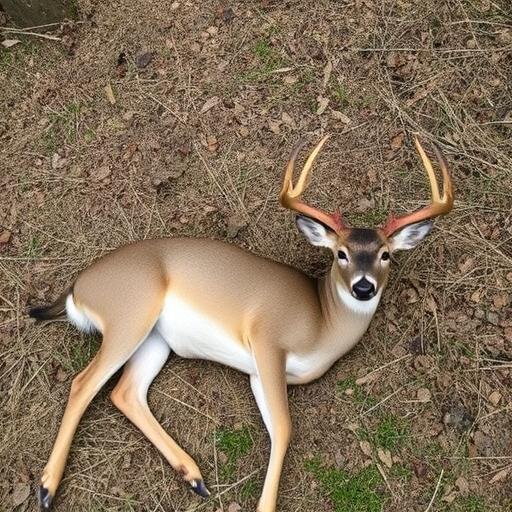
Is Drone Use Permitted for Deer Recovery?
Using drones for deer recovery is generally allowed in Wisconsin, but with certain restrictions. For example, drones cannot be used to locate or hunt deer during hunting hours. However, they may be used outside of hunting hours or for recovery purposes only. Always check for updates from the Wisconsin DNR or consult local authorities to ensure compliance with current regulations.
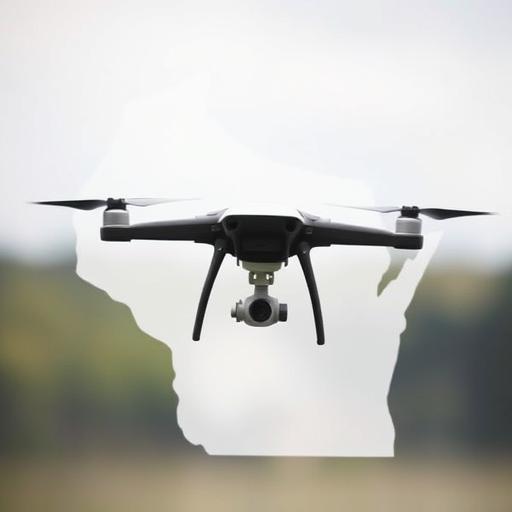
Benefits of Using Drones for Deer Recovery
Efficiency in Locating Deer
Drones can significantly reduce the time and effort required to locate a wounded deer. Their aerial perspective allows hunters to cover large areas quickly, increasing the chances of a successful recovery. This is especially useful in dense forests or challenging terrain where traditional tracking methods may fall short.
Reducing Strain on Hunters
Recovering a deer can be physically demanding, particularly in harsh weather conditions or rugged landscapes. Drones minimize the need for extensive foot travel, reducing fatigue and allowing hunters to focus on the task at hand. This is particularly beneficial for older hunters or those with physical limitations.
Minimizing Environmental Impact
By using drones, hunters can reduce their impact on wildlife habitats. Drones limit the need for repeated ground disturbances, preserving the natural environment and minimizing stress on other animals in the area.
Challenges and Considerations
Ethical Concerns
Some hunters argue that using drones undermines the principles of fair chase and sportsmanship. It’s important to consider the ethical implications and ensure that drone use aligns with personal hunting values and community standards.
Technical Limitations
Drones come with inherent limitations, such as battery life, range, and susceptibility to damage in harsh conditions. These factors can impact their effectiveness in deer recovery, particularly in remote or heavily wooded areas.
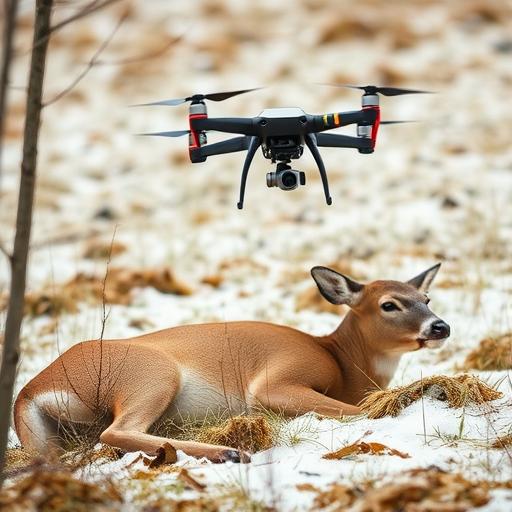
Weather and Environmental Factors
Wisconsin’s varied weather and dense forests can pose challenges for drone operation. Rain, snow, and strong winds may limit drone effectiveness, while thick tree cover can obstruct visibility. Hunters must account for these factors when planning drone use.
Practical Tips for Using Drones in Deer Recovery
Choosing the Right Drone
When selecting a drone for deer recovery, consider features like camera quality, flight time, and durability. Models with thermal imaging capabilities can be particularly useful for locating deer in low-visibility conditions.
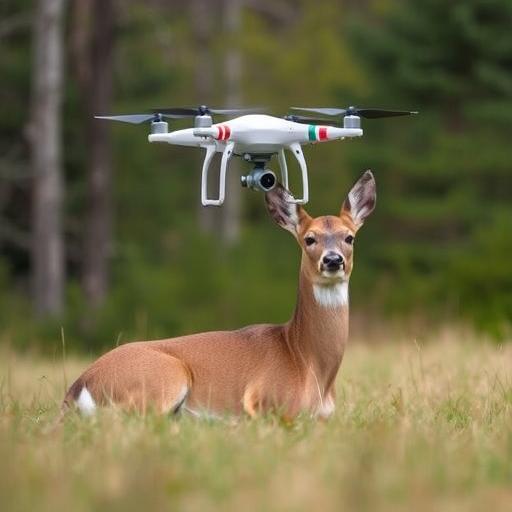
Best Practices for Drone Operation
Always follow FAA guidelines and Wisconsin’s drone regulations. Practice flying your drone in various conditions to build confidence and skill. Additionally, maintain a respectful distance from wildlife to avoid unnecessary disturbance.
Combining Drones with Traditional Tracking Methods
Drones are most effective when used in conjunction with traditional tracking techniques. Start with ground tracking to narrow the search area, then deploy the drone for a more detailed aerial search. This approach maximizes efficiency while respecting the hunting process.
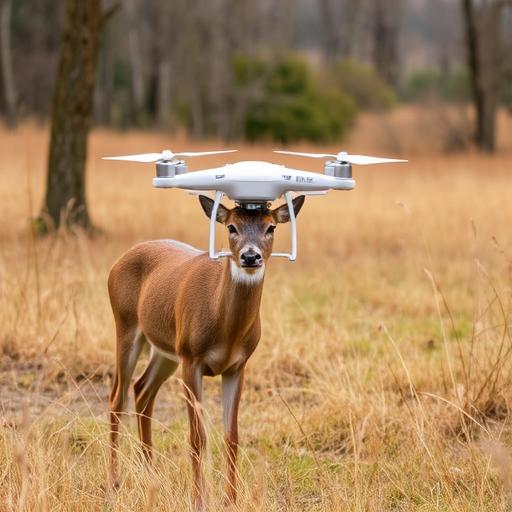
Conclusion
Using a drone for deer recovery in Wisconsin offers numerous benefits, including increased efficiency, reduced physical strain, and minimized environmental impact. However, hunters must navigate legal regulations, ethical considerations, and technical challenges to use drones responsibly. By staying informed and adopting best practices, hunters can leverage drone technology to enhance their recovery efforts while respecting the spirit of fair chase. If you’re considering using a drone for deer recovery, share your experiences or seek further guidance to ensure a successful and ethical hunt.
FAQ Section
Can I use a drone to locate a deer during hunting season in Wisconsin?
Using drones to locate deer during hunting hours is prohibited in Wisconsin. However, drones may be used for recovery purposes outside of hunting hours.
Do I need a permit to operate a drone for deer recovery in Wisconsin?
While Wisconsin does not require a specific permit for drone use, operators must comply with FAA regulations and may need to register their drone if it weighs over 0.55 pounds.
What happens if I accidentally violate drone regulations while recovering a deer?
Violating drone regulations can result in fines or penalties. To avoid issues, familiarize yourself with FAA guidelines and Wisconsin’s hunting laws before operating a drone.
Are there specific drone models recommended for deer recovery?
Drones with thermal imaging, GPS tracking, and long battery life are ideal for deer recovery. Models like the DJI Mavic series or Autel Evo II are popular choices among hunters.
Can I use a drone to recover deer on private property in Wisconsin?
Using a drone on private property requires the landowner’s permission. Always obtain consent before deploying a drone and respect property boundaries to avoid legal issues.
